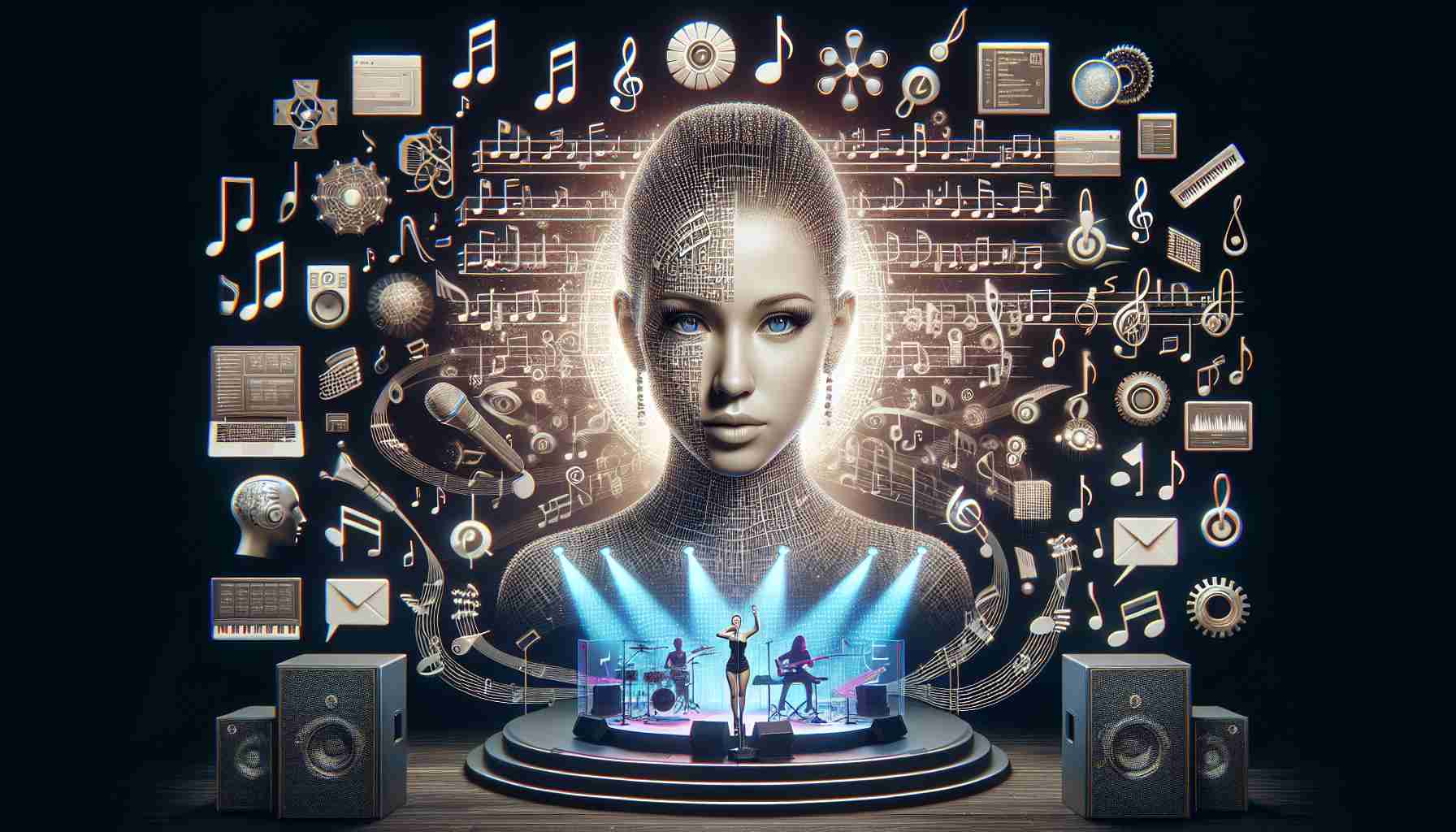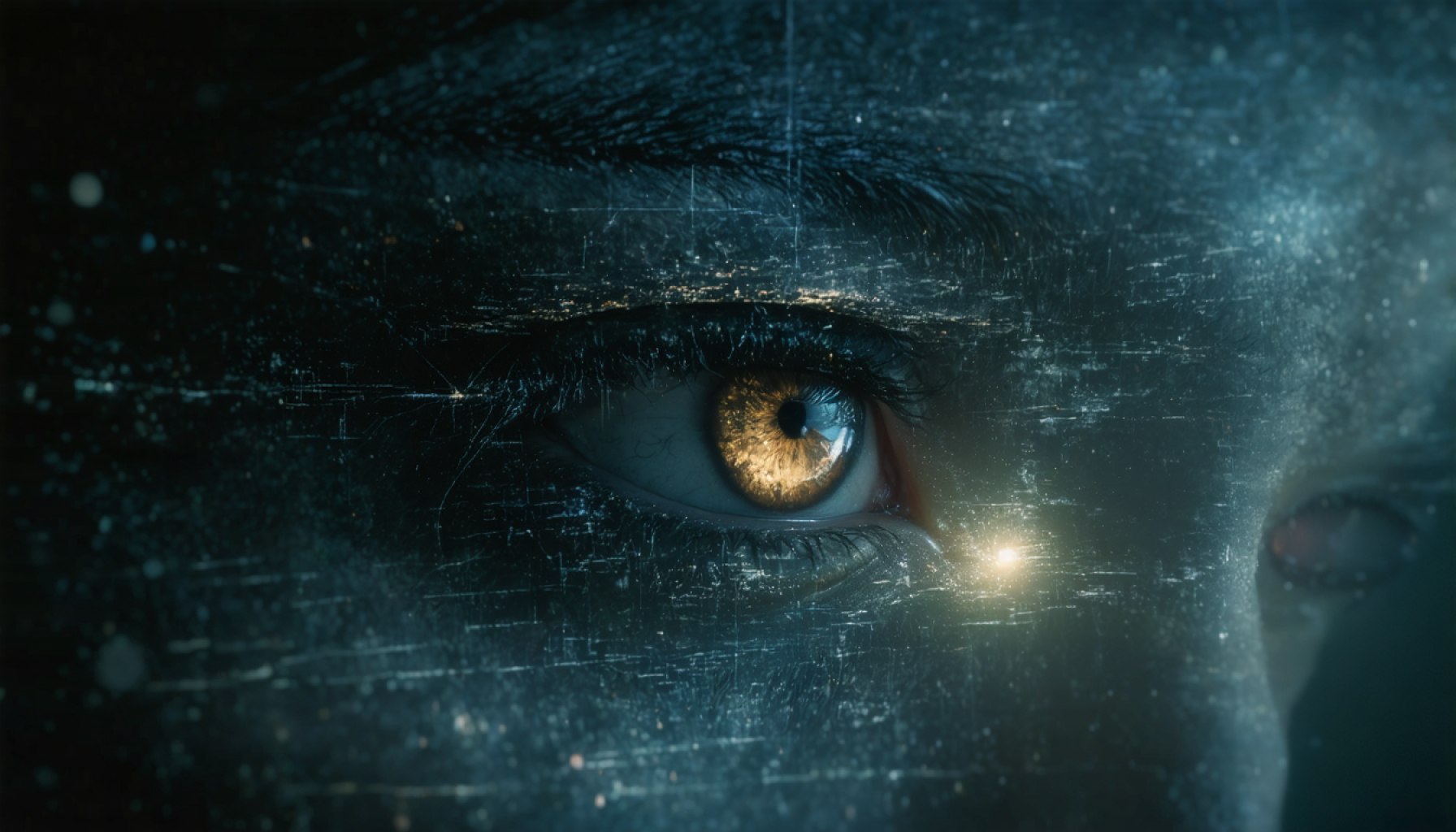Lily Allen, the well-known British singer-songwriter famed for her sharp lyrics and catchy tunes, is making headlines again. This time, she’s merging her creative talents with the burgeoning world of artificial intelligence to redefine the music landscape. In an era where technology is reshaping every facet of artistic expression, Allen is at the forefront, ready to harness the power of AI to innovate her music-making process.
Exploring AI’s Potential
Allen’s journey into AI isn’t just a gimmick; she believes AI can offer musicians groundbreaking tools for creativity and experimentation. Her interest was piqued after witnessing AI’s ability to compose entire symphonies and create intricate soundscapes. Allen is collaborating with tech innovators to develop an AI-powered platform that assists songwriters in generating new melodies and lyrics while allowing artists to maintain their unique style.
Impact on the Music Industry
Lily Allen’s venture into AI not only highlights the evolving role of technology in music but also sets the stage for a potential shift in how artists engage with their craft. This development could democratize music production, giving up-and-coming artists access to sophisticated tools previously available only to those with substantial resources.
The Future of Lily Allen’s Music
As she delves deeper into this novel realm, fans eagerly await how AI will influence Allen’s future releases. While traditionalists may view AI with skepticism, Allen’s bold step suggests that the fusion of technology and artistry might just be the key to the next musical renaissance.
Lily Allen’s AI Music Revolution: A Glimpse into the Future of Music Creation
In a world where artificial intelligence is transforming industries, British singer-songwriter Lily Allen is pioneering a new frontier in music by merging her craft with cutting-edge technology. She is not just following the trend but actively shaping how artists may create and produce music in the future. Let’s take a closer look at the potential breakthroughs and broader impacts of her bold venture into AI.
Innovations in AI Music Platforms
As Lily Allen collaborates with tech innovators, she’s keen on developing platforms that leverage AI’s capabilities to assist musicians in their creative processes. These platforms aim to empower artists with resources to generate spontaneous melodies and intricate lyrics, all while staying true to their unique artistry. Musicians can expect more than a simple assistive tool; these platforms may serve as virtual partners in creativity, enhancing the artistic journey.
Pros and Cons of AI in Music
Pros:
– Accessibility: AI tools can democratize music production, offering sophisticated capabilities to musicians regardless of their financial resources.
– Creative Expansion: Artists can explore new musical territories, crafting sounds and compositions previously unimaginable.
– Efficiency: AI can significantly reduce the time required to produce music by automating routine tasks.
Cons:
– Ethical Concerns: There is ongoing debate over the creativity and originality when music is partly or fully generated by AI.
– Job Displacement: Traditional roles in music production may evolve or become redundant, prompting concerns about employment within the industry.
– Dependency on Technology: Artists might become overly reliant on technology, possibly impacting traditional music skills and craftsmanship.
Comparisons to Traditional Music Creation
Traditional music creation is often seen as an organic process involving personal introspection and manual skill. In contrast, AI-driven music is marked by its ability to process vast data sets and generate outputs that fuse diverse musical elements. While traditionalists might argue over the loss of human touch, others believe AI could inject new life and innovation into a sometimes stagnant industry.
Trends and Insights into AI-Driven Music
The integration of AI in music is gaining traction, with Allen’s initiative being just one part of a broader movement among artists exploring AI’s potential. Industry analysts predict a surge in the use of AI, particularly for independent artists looking to break through conventional barriers. However, the ultimate acceptance and success of AI music will hinge on global audiences’ receptiveness to these innovations.
AI and Music Industry Market Analysis
Market analysis indicates a growing demand for AI-powered music tools, with investments flowing into startups focused on AI-based music solutions. Platforms similar to those Allen is co-developing are being seen as viable commercial products, catering to both amateur and professional musicians. The market is expected to expand significantly as technology becomes more user-friendly and affordable.
To explore more about these developments and the intersection of music and technology, visit the main domain for additional insights.












